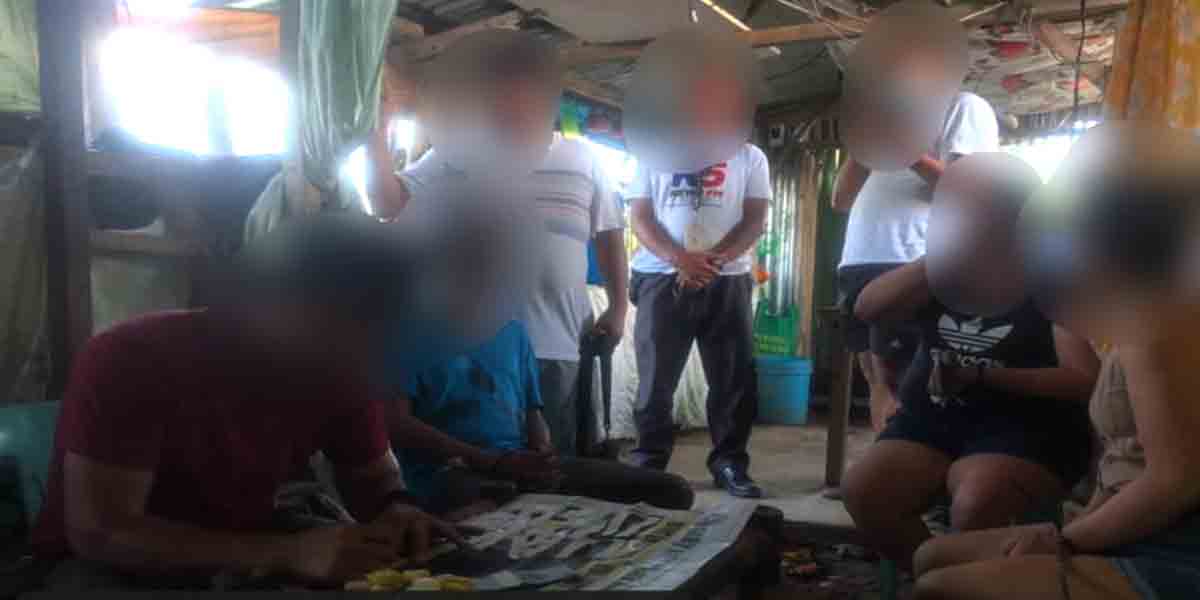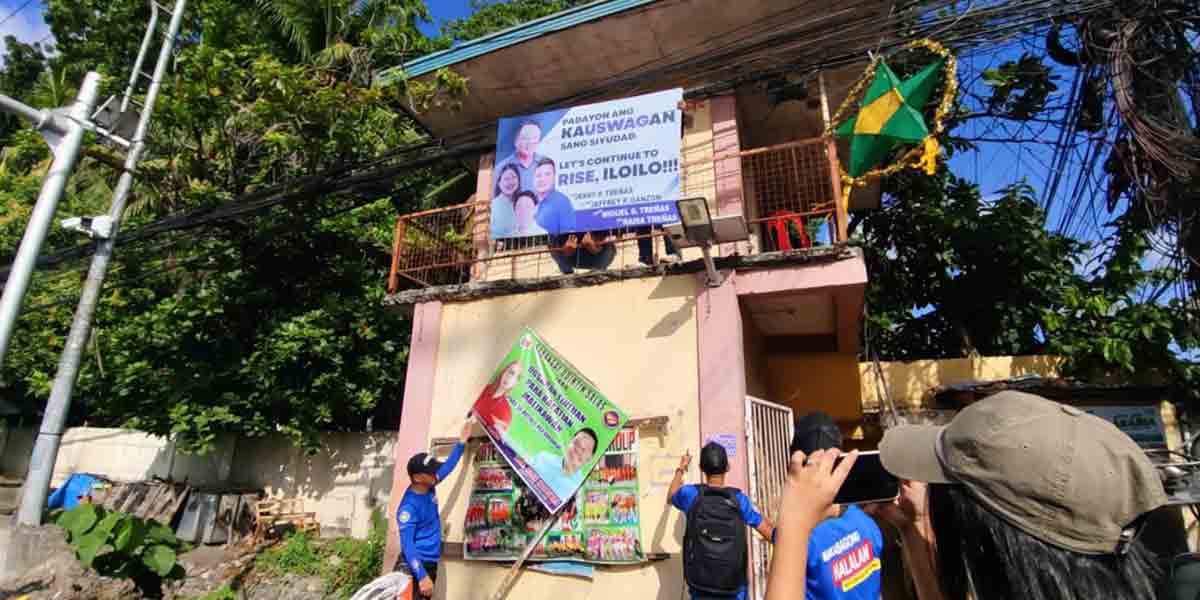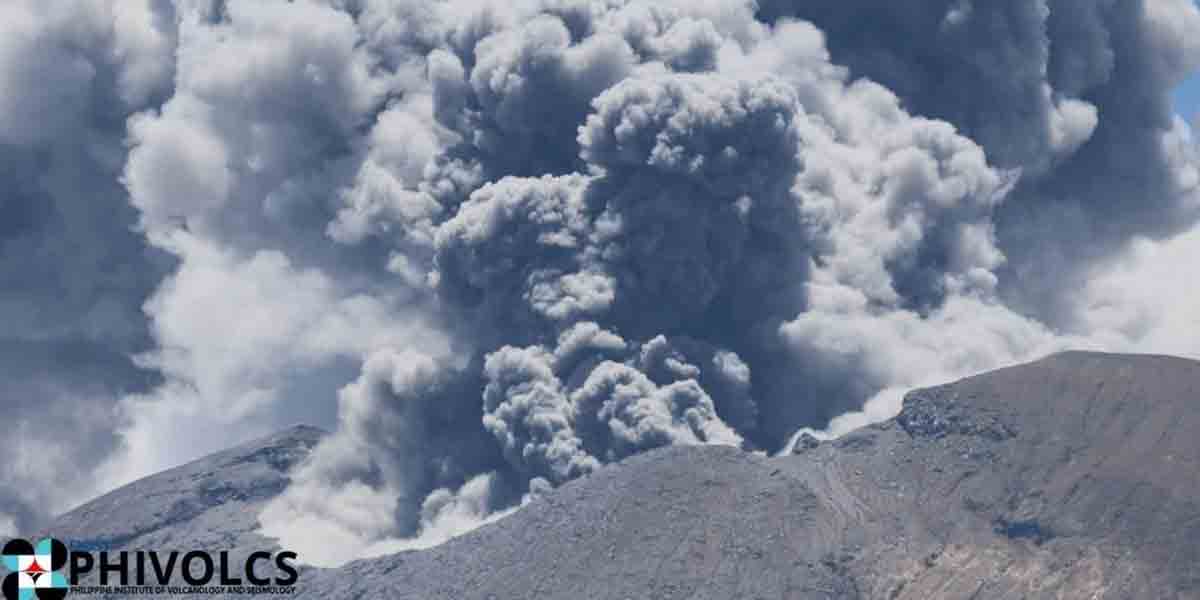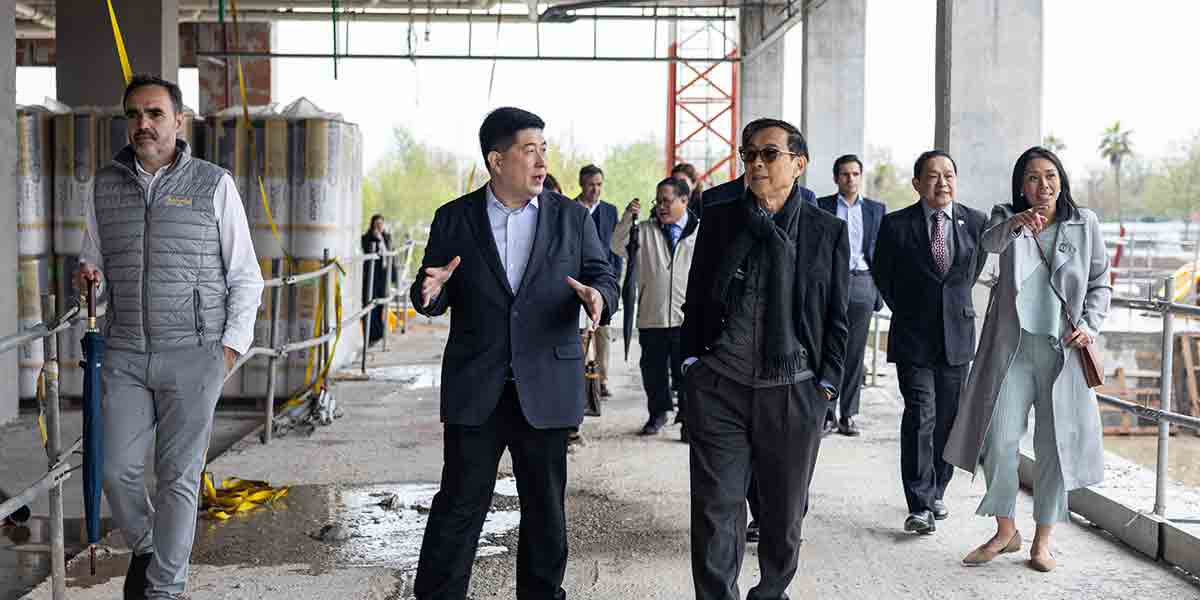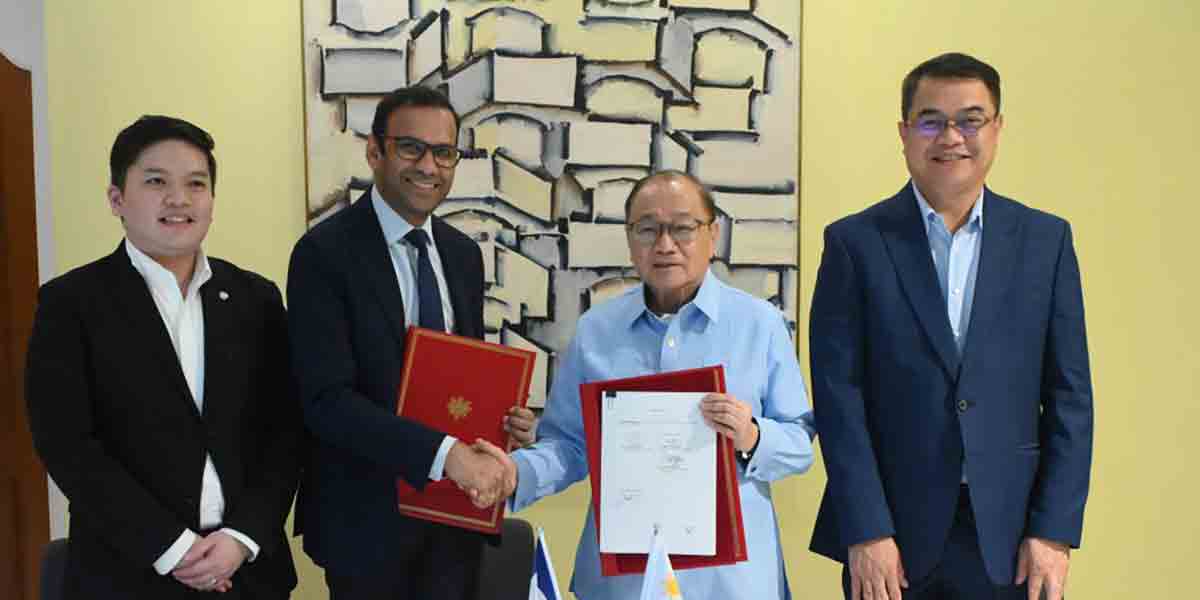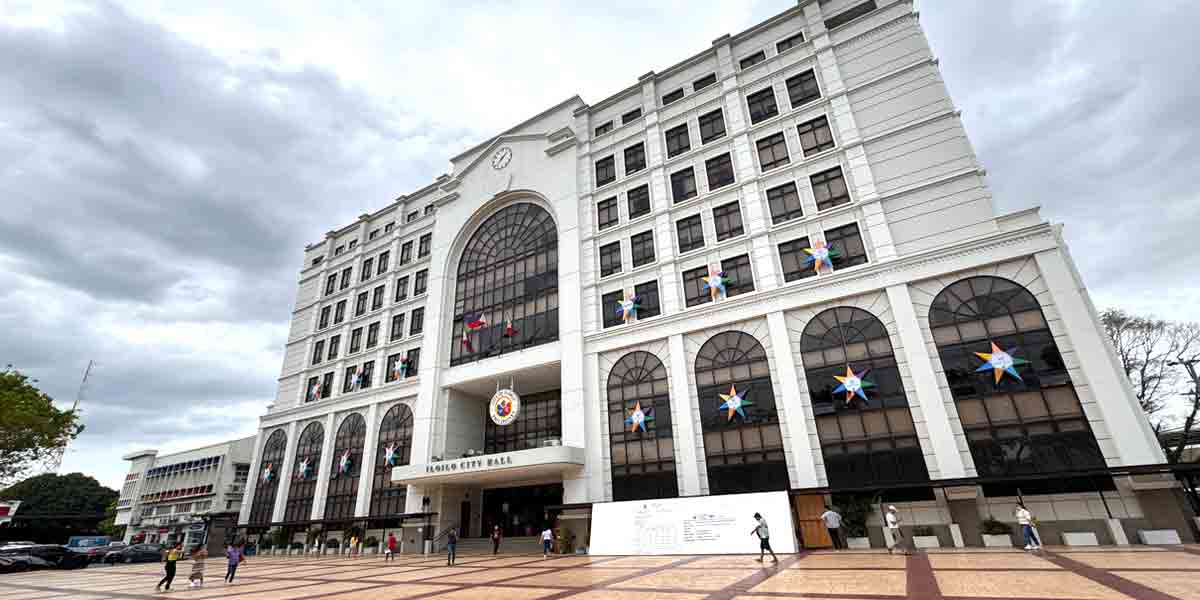By Joseph B.A. Marzan
The Department of Science and Technology (DOST) on Thursday called for more project proposals to boost scientific research in the region and the country, amid a decline in submissions from Visayas regions last year.
The DOST held its 2023 Call Conference for the Visayas Cluster in Iloilo City, their first in-person call conference since the coronavirus disease 2019 (COVID-19) pandemic 2 years ago.
This conference was organized in preparation for their 2025 Call for Proposals for the DOST and Councils Grant-in-Aid Program, featuring the DOST’s and the national government’s research and development (R&D) priority areas as well as the requirements and evaluation process for submitted proposals.
DOST Region 6 Assistant Regional Director Naomi Cossette Luis cited the 14 R&D facilities in Western Visayas in noting the emerging research landscape in the region.
These facilities are located at the University of the Philippines in the Visayas, the University of San Agustin, Iloilo Science and Technology University, Guimaras State University, Central Philippine University, the University of Antique, and Capiz State University.
But Luis said that there is still a need for more research proposals to be submitted to the DOST and its attached research councils.
These include the National Research Council of the Philippines (NRCP), the Philippine Council for Agriculture, Aquatic and Natural Resources Research and Development (PCAARRD), the Philippine Council for Health Research and Development (PCHRD), and the Philippine Council for Industry, Energy and Emerging Technology Research and Development (PCIEERD), who were also present during the kick-off.
“While there are many R&D programs that have been submitted to be PCIEERD, there are still very few proposals to be submitted to PCHRD, PCAARRD, and NRCP. There are also a few academic institutions who are tapping our Balik-Scientist and the RDLEAD programs,” Luis remarked.
“Before the builders can use sustainable materials, before the farmers can use plant growth promoters, and before inter-island passengers can ride safer sea transport, we still need to determine causations and correlations, and ideas have to be converted into tangible products,” she added.
DOST data indicated that while research proposal submissions and approvals climbed from 69 in 2020 to 114 in 2021, the number went down to 104.
Approved proposals also slightly went up from 15 in 2020 to 18 in 2021, before decreasing to only 9 in 2022.
DOST Secretary Renato Solidum, who had been in the department for 38 years since it was still the National Science and Technology Authority, could not pinpoint the reason for the slight but significant decline, although he alluded to the effect of COVID-19 in the economy and in individual health.
Solidum said this decline was an opportunity for them to hold the conference call to touch base with public and private research entities.
“One [reason] is the pandemic. I’m not sure of the other reasons why, that’s why this conference call is important, we can talk with them personally. But whatever the reasons are, there are various facilitative activities that we need to do,” Solidum said.
Solidum emphasized that their thrust for researchers is to be more connected with communities and local leaders on the ground level to ensure that R&D would be treated equally, rather than focusing heavily on the research aspect.
He highlighted the application of R&D end-products to four major aspects aligned with President Ferdinand Marcos Jr.’s socio-economic agenda, which include human well-being, human resource development, wealth protection, and digital transformation.
“Sometimes, this is my personal evaluation, researchers think of problems that they perceive to be beneficial to the community, but it would be helpful if they actually hear it from the industry [and] the local government. So, you work with the industry, the enterprises, with the academe, civil society organizations, because now you will have more ideas on what to research for,” the secretary said.
“I wanted to make sure that we provide science-based solutions to real problems in the real world. Sometimes, with many workloads, we think that this is the problem of the people, but you need a stated need as well. There will be more proposals if that’s the case. We need to have a facilitative ecosystem for R&D,” he added.
The DOST, according to the secretary, may be able to provide grants for approved research proposals even without a ceiling for their proposals. He stated that their annual budget for R&D support is between ₱3 billion to ₱4 billion.
This leg of their Call Conference is their third after other clusters in North Luzon and National Capital Region and South Luzon, with the fourth and last one to be held in Mindanao.
Proposals may be submitted to the DOST’s Project Management Information System from March 1 to May 31.


